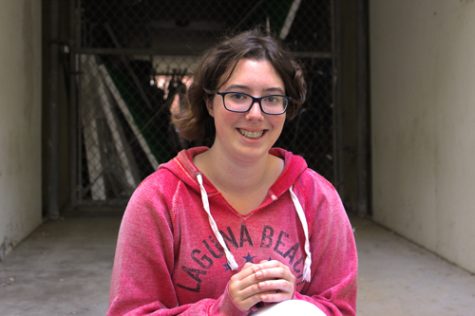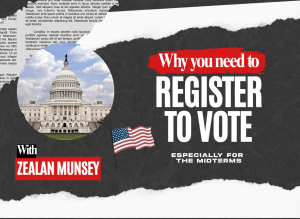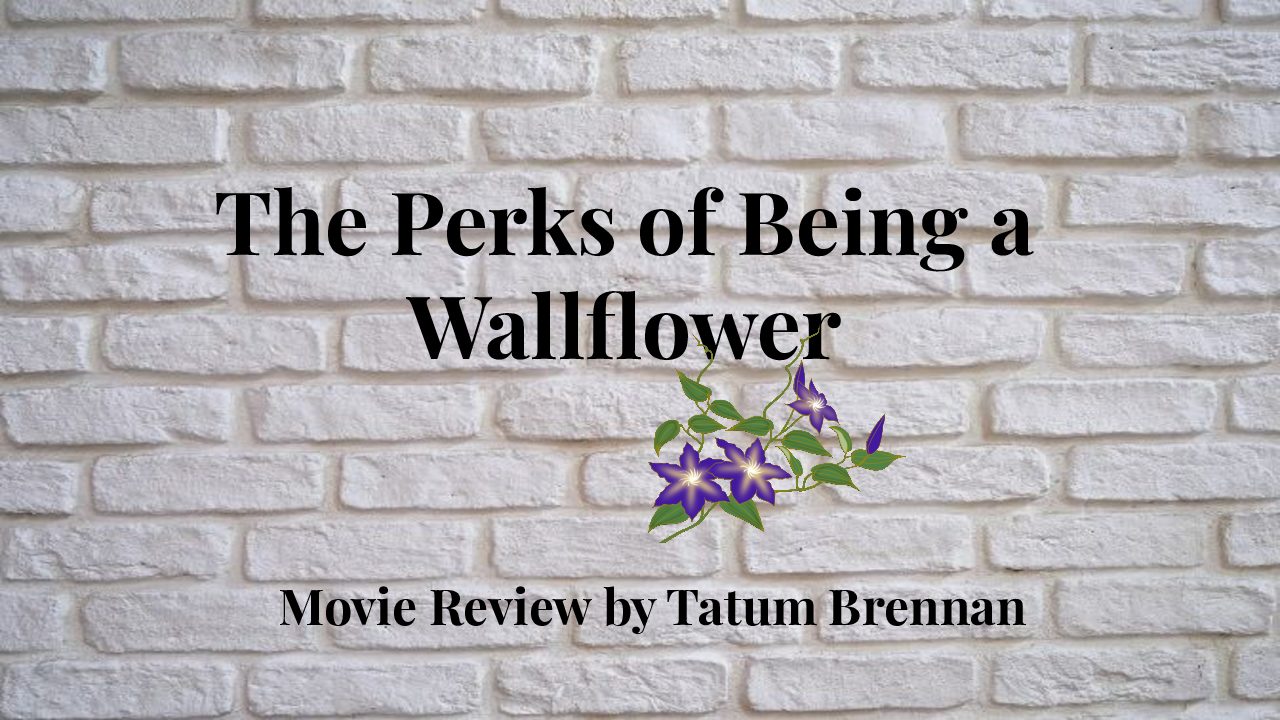Not Just Stuffy Old Literature
March 23, 2017
When high schoolers think about reading, the first thing that often comes to mind are the kind of books they read in English classes. Sometimes a student might find meaning or enjoyment in a book such as The Great Gatsby or Their Eyes Were Watching God, but oftentimes it’s hard to relate to such books. Sure, these books hold lessons that will prove meaningful when students grow up. But what students really crave is writing that relates directly to them and their current problems, and unfortunately, literature aimed at far older audiences doesn’t usually address the concerns of teenagers.
Yet, when students turn to books like The Fault in Our Stars or the Harry Potter series, they might not feel like they’re doing so-called ‘serious’ reading. More often than not, books read for pleasure that are more relevant to teenage lives are seen as lesser. Why do people turn their noses up at such books? Shouldn’t they be glad that teens are still reading? Shouldn’t they be glad that teen books are making a splash in the pop culture world?
If reading is to be truly valued, people must learn to value books of all types. Yes, John Steinbeck or Oscar Wilde are probably better in the life lesson and cultural learning department than Stephenie Meyer or John Green, but what is a teen more likely to read or relate to? Can teens actually relate to war or marriage or middle-aged crises when they have yet to experience those things? Do all books need to offer lofty morals? Have books become merely the property of the elite? More importantly, is this what we want books to become?
If we want teens to relate to classics, we need to find classics that are relevant to teenage lives. Teens and adults are not the same. The problems of teenagers—schoolwork, first loves, getting a job for the first time—differ wildly from those of adults. As such, if society wants teens to be interested in books, teens need to be given books that they can understand. Sometimes, that means handing a teen something a bit less literary. Sometimes, that means letting teens—gasp!—read something fun that won’t necessarily change their worldview overnight.
Reading for fun also has its value. It offers teens a quiet escape that allows them to see from another person’s point of view more intimately than a TV show or movie could offer them. It lets them practice focusing for long periods of time—a virtue that is increasingly important in our world of rushing through life and shorter attention spans. It allows them access to works that date back to the ancient world existing alongside more contemporary ones. Reading has its unique virtues, and yet it is somehow overvalued.
“Overvalued?” a desperate teacher might ask. How can that be when barely anyone is reading? Well, when teachers want students to read, they don’t usually want them picking up something fun and lighthearted. What teachers actually mean when they say they want students to read is, “You must only read highbrow literature, and if you dare touch anything as trivial as a comic book or a novel that’s actually written for your age range, you are wasting precious time.”
If people actually value reading, shouldn’t they encourage teens to read stuff they want to? What if, say, people insisted that if you watch movies, you should only watch Oscar-nominated films or arthouse films, and watching something like, say, the latest Marvel film, was deeply frowned upon? People probably wouldn’t want to watch movies because the average person desires something on their level. Now, going outside of one’s comfort zone allows one to open one’s eyes to a wider world while challenging their intellect. But, for the most part, when people watch movies, they want an escape. Escapism has been devalued in recent times as everyone from activists to celebrities urge people to put away their fantasies and focus on the issues plaguing the real world. As a result, the importance of refreshing one’s mind with a short escape from reality has alarmingly decreased.
Real life issues are important. Literature is still relevant. Engaging with content that’s outside of one’s typical understanding allows for a whole new world to be unveiled. Enjoying something age-appropriate or escapist, however, is the first step in guiding teens to higher-minded pursuits. What if teens never venture into the world of the intellectual and simply read for pleasure? This, believe it or not, is not a crime. This is just as important as reading the kinds of authors that English teachers adore. Why? Because reading is for everyone, not just professors, and if people want teens to think reading isn’t a dying art, they must let teens read as they please. Perhaps it’s time to let fantasies back into the daily lives of the American populace.






